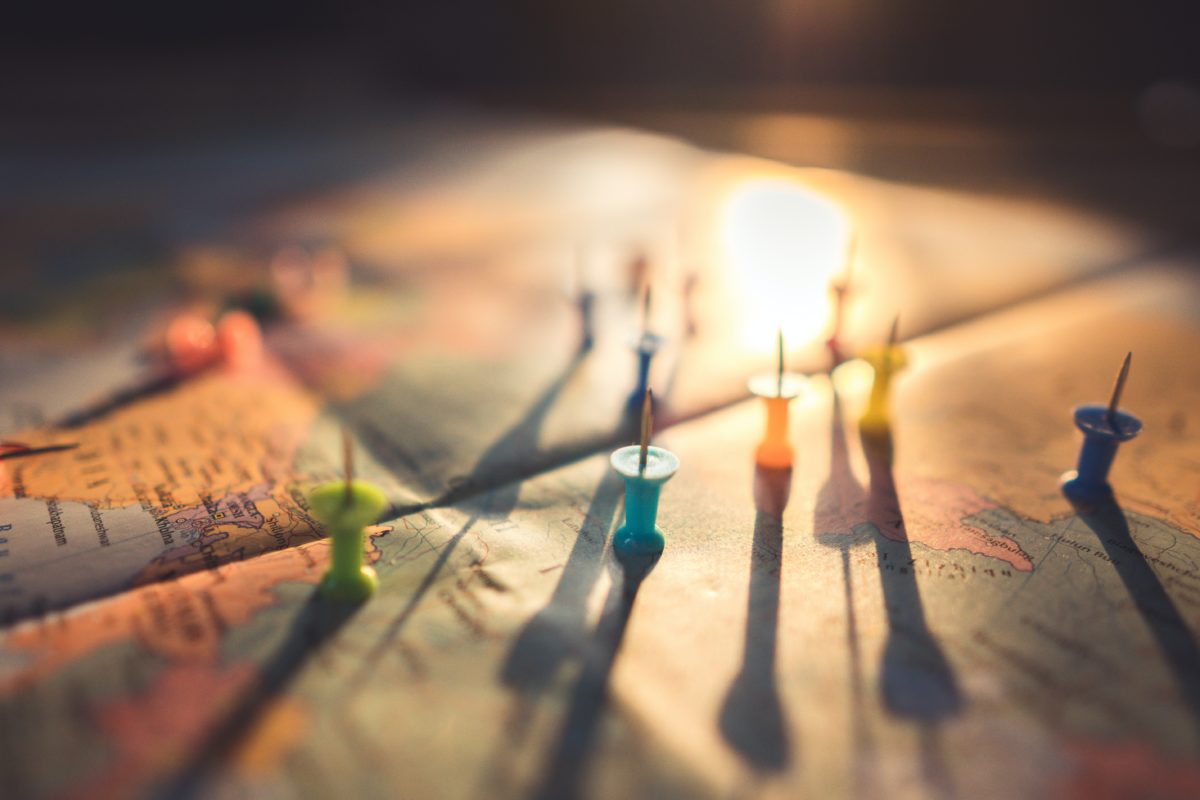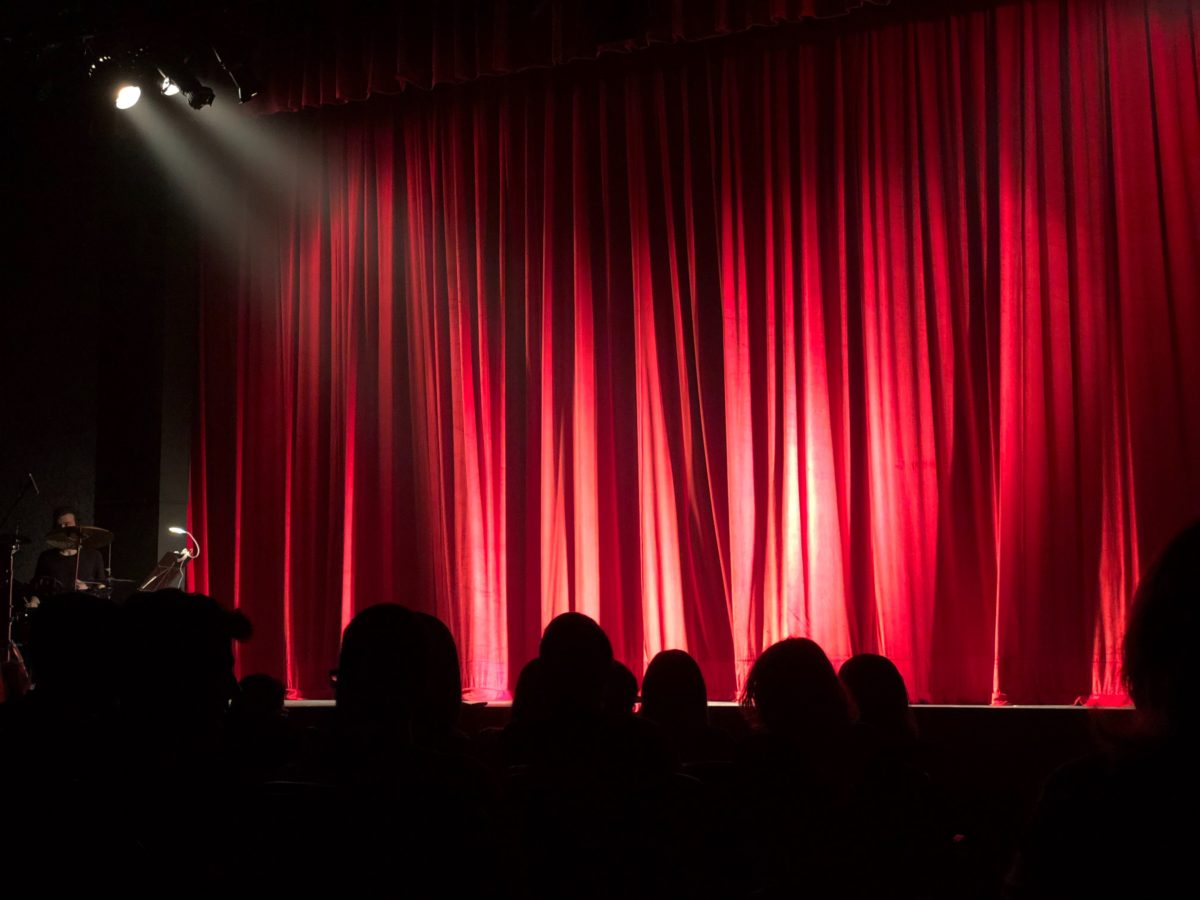Sadly, with the influx of new information every day, it’s very easy to get caught up in some harmless twists of the truth. This would all be fine, if we weren’t talking about things that influence our opinions, the way we see the world and how we handle ourselves and our decisions. If we take this into account, we will quickly find out that, as harmless as they might seem at first, these fantasy tales are sometimes very poisonous to our rational thinking. A term that has been popular for quite a while now – “fake news”, is exactly what I’m talking about.
We’ve all seen them – from the outlandish claims of healing powers that “Doctors don’t want you to know about”, local news being broadcasted in a manipulative way, to the artful descriptions of the political climate that hold no truth. It’s very easy to agree with something if it fits our worldview, even if it’s a blatant lie. Sadly, in our fast-paced culture, we sometimes don’t have the habits necessary to tell what’s real news and what’s manufactured, so today I’m going to give you a bit more information on how you can do that. I will be doing this using the E.S.C.A.P.E. Junk News Framework – you can learn more about it here.
E- Evidence
First off, does this information have any real life data supporting it? A quick Google search can tell you if the key information in the article is truthful. Make sure you look up the names mentioned, the cited numbers, as well as places and (if applicable) quoted documents. Even if some information is truthful, that doesn’t mean it hasn’t been twisted so that it portrays a much more fitting version of reality for those that have posted it. So don’t hesitate to look it up – you will not only confirm if the evidence checks out, but also you will be able to learn more about the story and expand your knowledge.
S – Source
Do you have a friend, family member or acquaintance that’s just crazy about conspiracy theories? Have you ever had a conversation with this person where he just goes of into some ludicrous claims about topics that just make no sense – like that aliens are controlling our government or that birds are robots meant to monitor us? I think we all know what that feels like, and we’re quite used to filtering out this information. Some websites are the internet’s alternative to this person – so we definitely want to think twice about taking what they say as truth without doing our own research. Ask yourself if this is a trustworthy source, check the authors, publishers, funders and everyone associated with bringing you this story to find out if it’s worth your time.
C – Context
The news is an inseparable part of our current cultural, political and overall climate, which means that sometimes the reason behind an article might not be so innocent. Sometimes, the information that finds us on the internet is meant to push an agenda or achieve some other manipulative goals. Take a moment to think if what you’re reading fits in today’s issues, is it something that can be used to change your opinion or stance with untruthful “facts”, so that you’re more akin to align with whatever will benefit those publishing. Take into account current events, cultural trends, political goals as well as financial pressures.
A – Audience
Sometimes the information we stumble upon is designed to fit our expectations. It’s easy to convince someone if you know who they are, what they like and what will sway their opinion. This is sometimes done intentionally, with deliberation. Take a few moments to observe the way the article is structured, so that you can see if it’s aimed at a certain audience. Some useful things that will give you this information are image choices, presentation techniques, language and content.
P – Purpose
An article might be used for many things. There is a whole science on how to make someone do something without the person realizing your intention. You don’t want to get confused by this, so definitely take some time and consider what the purpose of this information is. Sometimes, a seemingly innocent text is actually aimed at selling you something that you won’t even benefit from. Look for clues that show you what the motivation behind what you’re reading is. These include the publisher’s mission, persuasive language or images, moneymaking tactics, stated or unstated agendas, as well as calls to action.
E – Execution
While just the text itself may or may not be truthful, the way it’s set up might also give you a hint on whether you should trust what you’re reading. Sloppy, dramatized writing is most likely a sure-tell sign that you’re not viewing something that’s entirely genuine. Most professional writers don’t use caps lock in their titles, neither do they put a myriad of exclamation points anywhere in the text. If you don’t get the feeling that this information is reliably and professionally presented, this might be your first hint that what you’re seeing is fake news. Of course, most times it won’t be as simple as this, so make sure you look out for style, grammar, tone, image choices, placement, layout and how each of those things impacts the way the information is perceived.
The E.S.C.A.P.E techniques will definitely aid you in your search for truth on the internet. Make sure you check and double check anything you see, even if it’s boring to do so, because if we consume lies on a daily basis, this will skew our perception of the world to a point where we won’t be sure what’s real and what’s not. If you want to make educated decisions based on reliable information, being skeptical and double-checking everything you see is the best way to go.
You can find additional materials and resources offered by NewseumEd here.
If you want to step up your media literacy skills with a fun game, this is exactly what you’re looking for.
E.S.C.A.P.E Source : NewseumEd
 This article was written by Detelina, volunteer at Sunrise Project France since April 2020. She is a Bulgarian citizen and likes to learn, write, cook and meet new people.
This article was written by Detelina, volunteer at Sunrise Project France since April 2020. She is a Bulgarian citizen and likes to learn, write, cook and meet new people.






Recent Comments